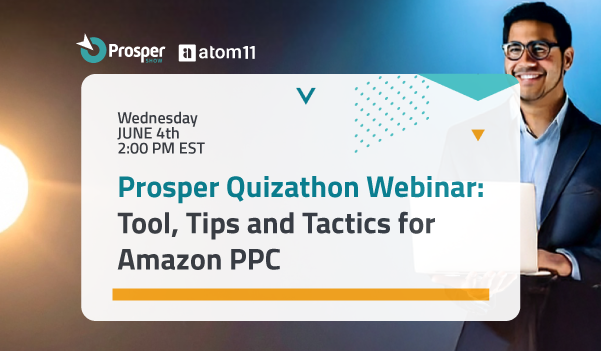May 16, 2024
LAS VEGAS – The Prosper Show newsletter recently ran a Media Watch commentary in reaction to a New York Times article (E-Commerce and the Influencer Economy) which decried the Internet’s so-called “Schlock Economy”. The schlock economy is occasionally fueled by unscrupulous influencers and this influencer ecosystem is a fascinating study in behavioral economics wherein people are not always making rational buying decisions.
The aspects of the ecosystem in question are exacerbated by a technological shift in the way society determines trust (i.e. social proof) and a fast-paced information firehose that fuels a TL;DR (too long didn’t read) mentality in relation to due diligence before purchasing.
The interesting thing about the New York Times article is that it does not mention things like The Home Shopping Network and As Seen On TV. By not mentioning these mainstays, it suggests that somehow the “influencer economy” is a new business model that hasn’t been around for decades.
 “It has indeed been around a while, but the medium has changed from TV and print to social media,” said David Hewlett (pictured), owner of SmartLabels, Greenbrae, Calif. “Of course, the level of customization and curation that influencers have today allows certain personalities within the ecosystem to create high-value venues where products are shared.”
“It has indeed been around a while, but the medium has changed from TV and print to social media,” said David Hewlett (pictured), owner of SmartLabels, Greenbrae, Calif. “Of course, the level of customization and curation that influencers have today allows certain personalities within the ecosystem to create high-value venues where products are shared.”
Social media has removed the barriers to entry so the gig economy can take part in a big pool of advertising dollars which can be a good thing—although it can also lead to a select few influencers who will post anything for money. “As a business owner who does leverage influencers, I appreciate the marketing channel and the influencers I work with,” added Hewlett, who attended his first Prosper Show in 2023. “However, I really try to get influencers to use my product before just posting something online. I want them to get a feel for what I am selling.”
Encouraging influencers to be honest in their product reviews, even if they don’t like something about the product, is one way to improve the overall ethics of the influencer-based economy. If an influencer does have negative feedback, sellers may want to change the product and make improvements. Does the strategy to encourage honesty in the influencer process always work? No. However, as businesses work closely with influencers, the better the outcome may be for all parties involved.


Recent Comments